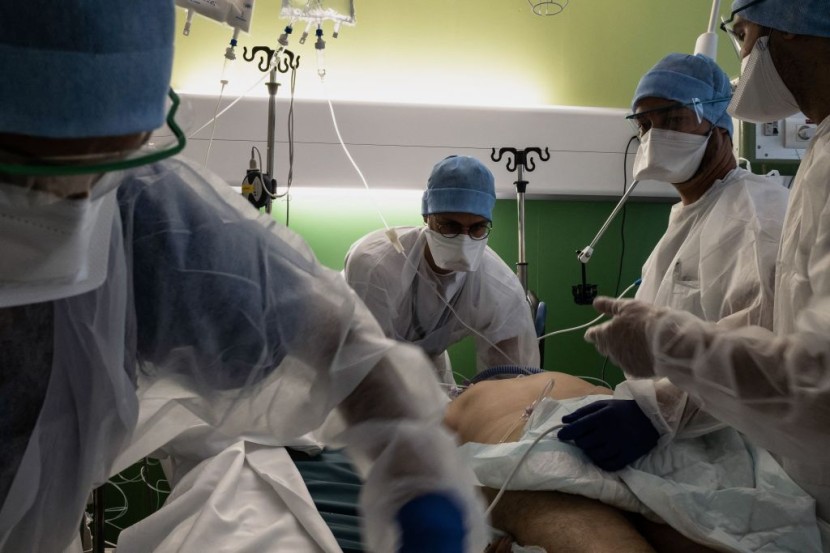
Researchers are suggesting that delirium caused by severe COVID-19 is an aftereffect of getting infected. Like most studies that do not have a real grasp of SARS-CoV-2, this new claim is not fully proven.
Since the first case in December 2019 in Wuhan, the complete knowledge is not much. Also, the coronavirus can be unpredictable as well.
The study's authors say that it is one of the inevitable consequences of the virus, as they allege which needs more investigation.
COVID-19 patients with comorbidities most likely to be delirious
In a recent study based on 150 people who were treated for the virus and survived, researchers discovered that 75% were delirious. When this condition strike, it will cause patient confusion, agitation, and problems to focus effectively, noted BMJ Open.
It was observed that when delirium happens to the patient, they will be more sickly while infected. According to the study author Phillip Vlisides, from the Department of Anesthesiology at Michigan Medicine, having comorbidities like high blood pressure and diabetes makes coronavirus infections severe, reports Eurekalert.
Vlisides added that the virus causes adverse outcomes that might extend a patient to getting worse instead.
Accessing medical records and phone interviews when patients were sent home, the core group was those in the hospital from March to May 2020. One goal is to see similar aspects share by everyone with delirium symptoms. It was noted there were factors noticeable, and delirium is caused by severe COVID-19.
Read Also : COVID-19 Mutations Not Caused By Vaccines, Experts Say Increase of Infected People Results to New Variations
Reduction of the oxygen available to the brain is due to blood clots and even leading to strokes, which causes cognitive problems. There were more inflammatory markers with delirious patients, with confusion and agitation when inflammation of the brain occurs.
Acute brain disfunction in COVID-19 patients
At times the care teams did not try to reduce the cognitive reduction experienced by the patient. These would involve exercises for the patient to move or anything that moves to catch the attention of someone at home or in the hospital.
Vlisides remarked there were not enough protocols to alleviate deliriousness like what is usually done in the early stages of the outbreak, adding that before vaccines and in the early days of the pandemic, when a lack of personal protective equipment (PPE). One way to lessen infection was less contact then, cited Lab Blog.
A connection existed with the use of sedative drugs and an impaired cognitive state, in which very delirious patients had to be sedated with more than usual. In the ICU use of IV, sedatives are usually for those on the ventilator machine.
Nurses interviewed said that patients with worse covid were more cognitively challenged and agitated than expected and needed more sedatives.
It has been observed that some have lasting cognitive difficulty after leaving the hospital. But many who are having delirious bouts have not been resolved by the times of discharge.
This only raises more questions of those getting better from SARS-CoV-2 if those experiencing deliriousness or depression can care for themselves. Everything is preventable with a vaccine. It seems that delirium is caused by severe COVID-19, which allegedly affects the patient's cognitive functions.
Related Article: COVID-19 C.1.2 Variant Discovered in South Africa Should Not be Cause for Panic, Here's What WHO Says
© 2026 HNGN, All rights reserved. Do not reproduce without permission.








